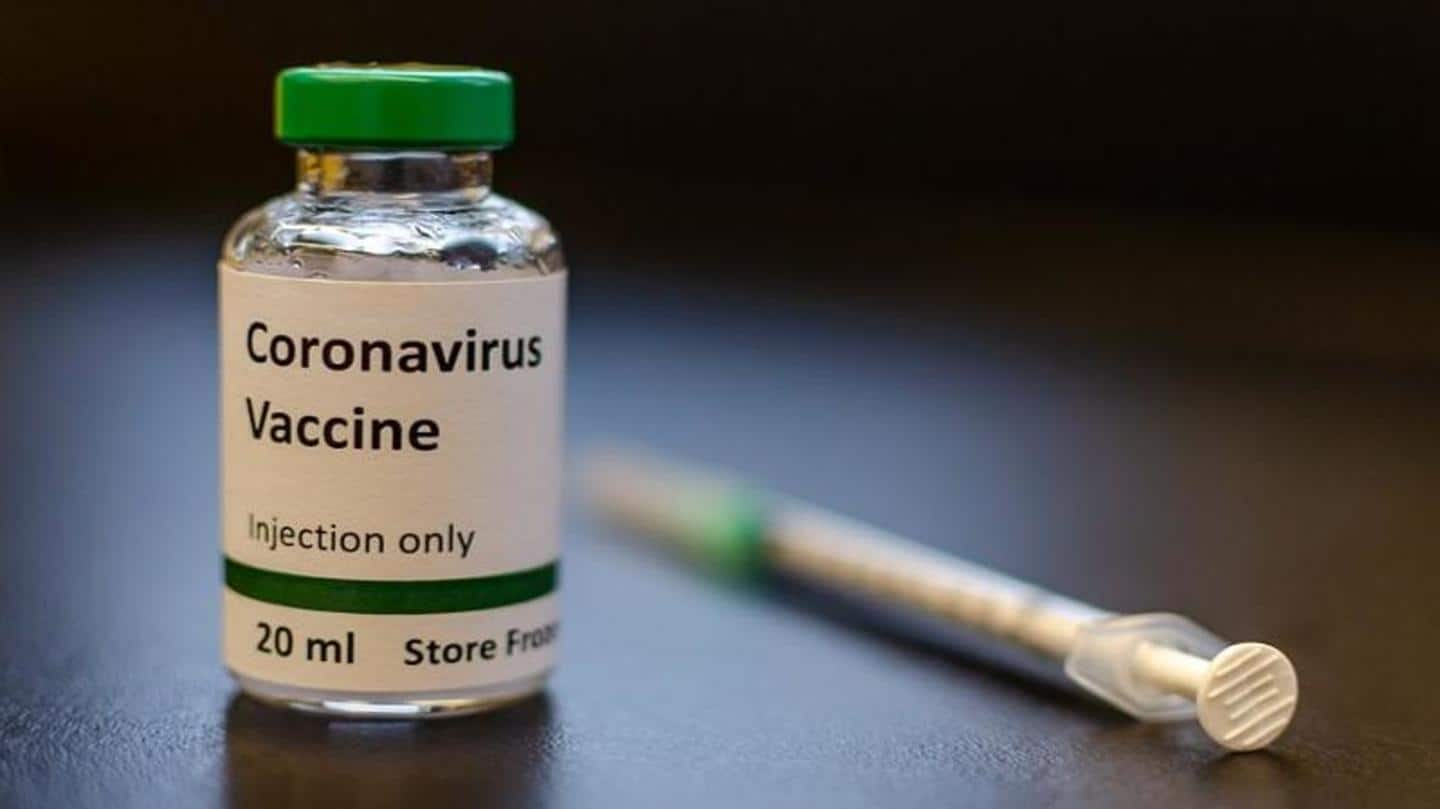
Coronavirus: Who will be first in line for the vaccine?
What's the story
Amid global expedited efforts to develop a vaccine against the novel coronavirus, experts are debating who should be the first to be vaccinated.
Already, when the first vaccine is at least months away from hitting the market, several countries have booked hundreds of millions of doses in advance.
This has raised concerns about equitable access to the vaccine.
Here's what we know.
Candidates
Over 160 potential vaccines being developed
Currently, there are at least 160 vaccines being developed around the world, according to the World Health Organization. Some of the potential vaccines are in the final stage of human trials.
So far, the vaccine being developed by Oxford University and AstraZeneca, called AZD1222, is the leading candidate. It is expected that the vaccine could be approved by the end of this year.
Information
Rich nations first in queue?
According to London-based analytics firm Airfinity, the United States, Britain, the European Union, and Japan have already secured 1.3 billion doses of the potential vaccine and they could acquire an additional 1.5 billion doses. Hence, several countries have started their own vaccine development initiatives.
Ration
After securing vaccine, who will get immunized first?
Whenever a vaccine is ready, it is likely to face a supply shortage against a global demand for roughly 7.8 billion people.
There is no set protocol on how to ration the doses when a vaccine is scarce.
However, traditionally, the first people to gain access to a vaccine are health workers and the people most vulnerable to the targeted infection.
Quote
This is going to be controversial: NIH Director
US National Institutes of Health Director Francis Collins said, "This is going to be controversial...Not everybody's going to like the answer."
Collins recently told one of the US government's advisory groups, "There will be many people who feel that they should have been at the top of the list."
Notably, he said that people should be prioritized where the outbreak is most intense.
Other suggestions
Critical health and other essential workers should be prioritized: CDC
The US Centers for Disease Control suggested the first people to get the vaccine should be the most critical health, national security, and other essential workers, followed by people above the age of 65 living in long-term care facilities, or those with poor health, or those who are deemed essential workers.
The general population would come later which would inevitably face a rich-vs-poor divide.